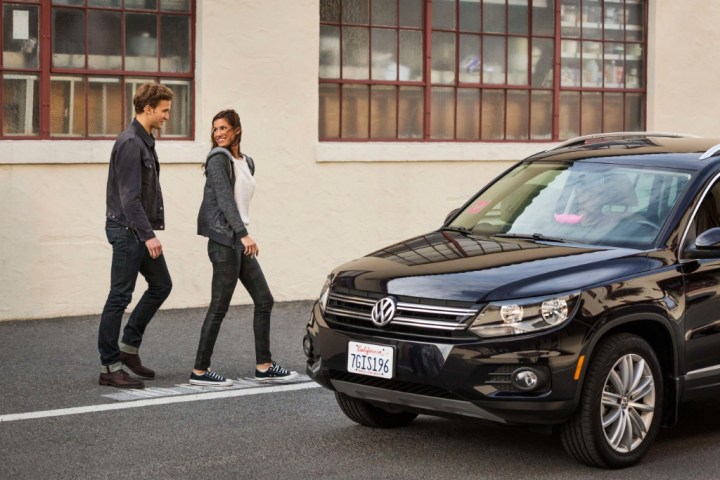
One company standing up against these poor odds for startups is Lyft, a direct rival to Uber. Within on-demand ride services, Uber is the most valuable private technology company on the globe. Lyft is attempting to penetrate the network effects of users connecting with each other.
Once word starts spreading about a service, more people will join; and the more people you connect with through that service, the more valuable it becomes. But in Lyft’s case, the company believes that they have a fighting chance against Uber, despite their smaller market share. In an interview with The New York Times, the company has detailed some of their strategy as they enter and compete in a preoccupied market.
This Monday, January 4, Lyft raised $1 billion dollars from General Motors. That brought the company’s total fundraising capital to $2 billion. Simultaneously, the company announced new software development for self-driving cars. Lyft is attempting to distinguish itself and it’s bringing along other partners, orienting itself differently within the market to establish itself in ways Uber hasn’t. One such method is to allocate resources to support companies that wish to make use of agencies specializing in work under certain conditions, be it a late night ride for employees, business travel, or party transport.
Lyft president John Zimmer says that the company is gaining shares in the United States, which according to him is “not what happens when one player has a complete monopoly.”
Whether Uber has monopoly over the on-demand rides or not isn’t certain, but it’s taken a huge chunk of the market in the United States. Sidecar was a company that operated within the same market, but it shut down last month. Left is Lyft, the lone rival. But it’s got spunk and some original ideas that just might bring it toe-to-toe with Uber. Zimmer further states that unlike social media or search engines, his company is more similar to telecommunications companies. Once the competing companies get down to just a few minutes of wait time, Zimmer says that “there’s no difference in behavior between services. That’s when you compete on experience.” But it might take more than experience to compete with Uber as the company recently dropped their prices in over 100 US and Canadian cities.


